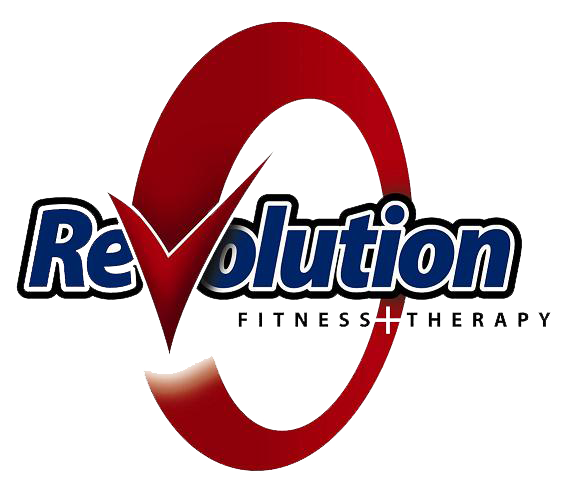There’s a musician who I’ve followed since the early 90s. His name is Roger and there’s a really good chance that if you’ve heard him, it was only because of some session work or live performances he’s done for other artists.
Post-COVID, Roger has been doing several video interviews which have been featured on different YouTube channels so that producers, fans or fellow artists could speak to him about his colorful career despite never being a major artist like what you’ll hear at the top of the charts.
This past weekend, I found another interview that piqued my curiosity and it started in a direction I wasn’t prepared for.
Rather than digging directly into his music, the host of the podcast asked Roger about his health struggles and how spirituality affected his life.
At first, I wasn’t sure I wanted to listen because that’s not what drew me to his music but what I found was that he and the host spent nearly an hour of an hour and a half podcast speaking only about those topics. It was only the last half hour where he actually spoke more candidly about his musical endeavors.
Roger started to tell a story about how he had been neglecting his health and, through a lack of personal fulfillment had not been taking care of himself.
Being based in California, Roger spoke about getting caught up with these “health guru rock stars”, people who had achieved almost celebrity status because of their sometimes extreme approaches to health and how enamored others were of these beliefs.
A self-proclaimed “all or nothing” personality, Roger found himself following a raw food vegan diet for about eight years in effort to take control over his health.
Initially, he found that certain areas of his life did improve but about four years in, he began developing other issues that didn’t have a clear explanation.
He mentioned that he went to no fewer than eight different doctors, from traditional MDs to more holistic practitioners and no one could solve the problem.
Roger finally found himself in the hands of a chiropractor who recognized that what he was suffering from was malnutrition and they worked together to shift him into a more balanced way of eating that his body would respond better to.
In the midst of this story, Roger made a few comments that I found rather fascinating. One was that he recognized that some people could thrive eating a raw food vegan diet, he simply wasn’t one of them. He also acknowledged that people could improve their health with more animal proteins or less and that he was only there to advocate for what worked for his health and not with the assumption that what works for him is what would work for anyone else.
He then went on to say (loosely edited): Personal responsibility is everything. You can ask as many people all the questions you want but no one can do the work for you…If you’re not happy with how your life looks today, there’s no one to blame but yourself.
There is, of course, nuance to that sentiment. You may not have full control over everything that happens to you but you have a great degree of control over your reactions and responses to what happens.
There are social determinants of health which can dictate what we have and what we have access to. These resources could be the deciding factor between how and when and what we improve in our lives but that doesn’t mean that all agency has been stripped from us.
But I will say, from the coach’s perspective, the more you can prioritize your health, the more control you have over staying on top of your bloodwork, your doctor’s appointments, your ability to manage time and stress, the better outcomes you stand to have.
It’s not a perfect process. It’s a frustrating one that stops, starts, stalls and plateaus. Every possible distraction and detour will tempt you with another direction steering you potentially further from a given pain or towards a given pleasure.
That’s what makes this whole self improvement thing so beautifully messy and equally fulfilling.
You manage the gaps, you take the wheel, you stop blaming others for your lot in life and you move heaven and hell to get where you need to be.
Not because it’s easy, because it’s necessary.
The path of personal responsibility is one we sometimes willingly and unwillingly travel.
If you need a coach, a doctor, a friend, or an ally, you find those people, you build that network, that village and you take the journey together.
You’ll value the positive outcomes a lot more when you can look at yourself in the mirror and tell yourself that you’re truly doing the best you can with what you have at every possible juncture.
Because who else will have your back if you don’t have your own?
(Photo courtesy of Katie Moum)

